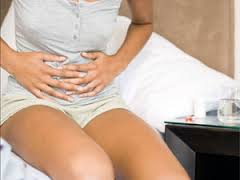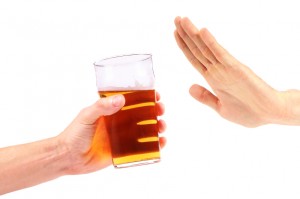Alcohol and IBS
 Drinking a lot of alcohol can cause a lot of problems including irritable bowel syndrome (IBS). Even if alcohol is only consumed occasionally it could end up doing damage to internal organs. It is a widely known fact that the ill effects of alcohol can be avoided by avoiding alcohol all together or by staying way below the recommended levels of alcohol intake. Although, someone who has irritable bowel syndrome may find that they are better off not drinking at all because even one drink could cause their symptoms to flare up.
Drinking a lot of alcohol can cause a lot of problems including irritable bowel syndrome (IBS). Even if alcohol is only consumed occasionally it could end up doing damage to internal organs. It is a widely known fact that the ill effects of alcohol can be avoided by avoiding alcohol all together or by staying way below the recommended levels of alcohol intake. Although, someone who has irritable bowel syndrome may find that they are better off not drinking at all because even one drink could cause their symptoms to flare up.
What is irritable bowel syndrome (IBS)?
IBS is a functional disorder that is in the intestines. IBS doesn’t cause actual damage to the bowels but the symptoms can be really unpleasant and can also interfere with a person’s ability to enjoy life normally. Those people with IBS may have to deal with pain and/or discomfort in the abdominal area. They might also have to deal with frequent episodes of diarrhea or constipation. It is believed that about 20 percent of the US population will have to deal with the symptoms of IBS at some point in their life.
What is the cause of IBS?
The actual known cause of IBS is unknown but it could be due to many factors including:
- Having a sensitive colon
- High and long lasting stress
- Bacterial infections
- A more mild form of celiac disease (celiac disease causes damage to the small intestine and make it hard for the body to absorb certain foods)
- High levels of serotonin in the gastrointestinal tract which can interfere with normal bowel movements and increase the sensitivity of pain receptors
- An effect of taking antibiotics because the medication may kill harmless bacteria in the intestines that are used for normal bowel function
- An alteration or change to normal bowel function which can leads to strong spasms or temporary suspension of bowel function
- Over activity in the gut can also cause IBS
What are the symptoms IBS?
- Abdominal pain
- Bloating
- Cramping with bowel movements
- Constipation
- The need to strain when passing stool
- Diarrhea
- Urgent need to open bowels
- Loss of appetite
- Belching
- Tiredness
- Nausea
Alcohol and IBS do not mix well. Alcohol increases the severity of IBS symptoms. Even just one alcoholic drink can be enough to cause an attack of IBS. Because alcohol is a poison or toxic substance that irritates the bowel it is extremely common for IBS to have their symptoms flare up after drinking. Some alcoholic drinks are less likely to cause a flare up of IBS symptoms. It is known that beer can make symptoms of IBS much worse. Many people with IBS report their symptoms for IBS getting significantly better after they stopped drinking all together. It may be best for someone with IBS to stop drinking to see if it gets any better.


